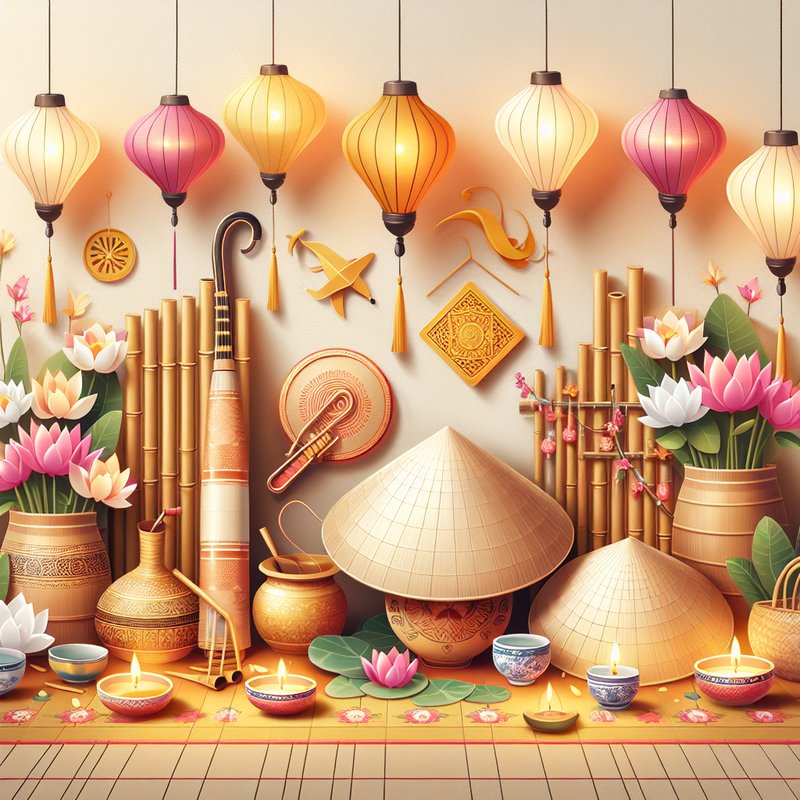The Significance of Cultural Festivals in Vietnamese Society

Cultural festivals in Vietnam are not merely celebrations; they are an intrinsic part of the country’s social fabric. These events foster community bonds, allowing families and neighbors to come together and participate in age-old traditions. They serve as a means of preserving history, ensuring that ancestral practices, stories, and values are passed down through generations.
Each festival in Vietnam is often intricately tied to the lunar calendar, celebrating specific deities, agricultural cycles, or significant historical events. For example, the Tet Festival, which marks the Lunar New Year, is a profound symbol of renewal and hope, acting as a bridge that reunites families from near and far. By grasping the significance of these festivals, travelers can gain a deeper appreciation for the cultural richness and heritage that are layered within these joyous celebrations.
Key Festivals Unveiled: Tet, Mid-Autumn, and More

The Tet Festival is undoubtedly the crown jewel of Vietnamese celebrations, characterized by vibrant decorations, flavorful foods, and heartfelt family reunions. Traditions such as ancestor worship, cooking special dishes like Banh Chung, and exchanging gifts reflect the festival’s ideals of respect and familial ties. Visitors can immerse themselves in Tet’s magic, witnessing colorful parades and traditional lion dances.
Another significant celebration is the Mid-Autumn Festival, celebrated primarily for children. This festival honors harvest time and features fascinating lantern displays, moon cake sharing, and lion dances. The unity and joy experienced during these festivities illuminate the Vietnamese spirit, providing travelers with memorable interactions and a deeper cultural understanding.
Unique Regional Festivals: A Peek into Vietnam’s Diversity

Vietnam’s diverse geography plays host to a variety of unique regional festivals that reflect the local culture and traditions. For example, the Huế Festival is a grand event that showcases the finest of Vietnamese arts, including music, dance, and traditional theater. It’s a celebration that draws visitors from around the world, promoting the cultural vibrancy of the Huế region.
Similarly, in the mountainous northern regions, festivals like the Gau Tao Festival embody the customs of the ethnic minorities, celebrating their rich heritage through games, folk songs, and traditional clothing. These festivals are an excellent opportunity for travelers to engage with local communities, learn about their lifestyles, and embrace the thrilling atmosphere of the celebrations.
Embracing Festival Etiquette: Navigating the Cultural Landscape

To fully enjoy and respect Vietnam’s rich tradition of festivals, it is essential for travelers to understand the cultural etiquette involved. Dress modestly, participate actively, and show respect during rituals and ceremonies. Understanding the local customs, such as the significance of offering gifts or burning incense, can enrich one’s experience and foster goodwill with local communities.
Moreover, by supporting local artisans and businesses during festivals, travelers can contribute to the preservation of these traditions. Eating at local food stalls, purchasing handmade crafts, and engaging with community members create meaningful interactions that benefit both visitors and inhabitants alike.

Leave a Reply